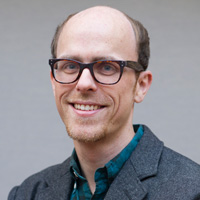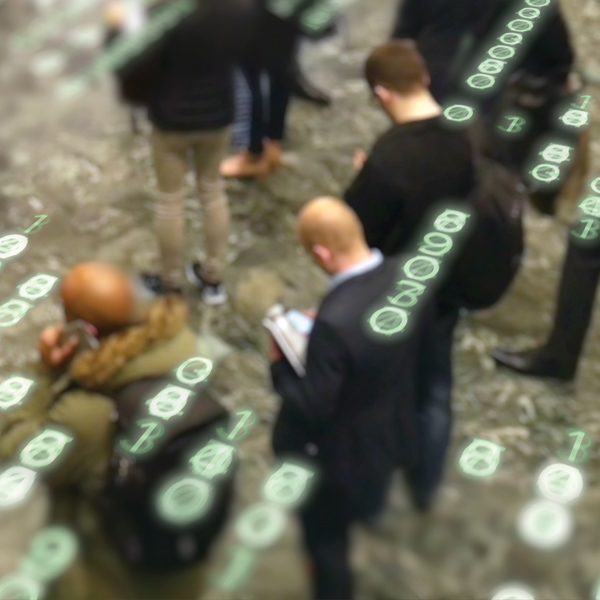From the seemingly trivial to the deeply consequential, artificial intelligence (AI) and related technologies are impacting our lives in a variety of ways. Automated systems help pick the music we listen to and the movies we watch, but they also increasingly help decide who gets bail, where police are deployed, a person’s credit rating, and how social services are allocated. Like humans, the decisions that machines make are not neutral. Rather, automated decision-making systems are shaped by the quality and kinds of data used in the systems, the design of the systems themselves, as well as the culture and the subjective experiences of those making design and deployment decisions.
AI brings with it many benefits, but as we put more trust in machines to do what humans used to, there are a range of potential risks and harms that must be addressed. In the worst cases, automated systems make unfair and discriminatory decisions that can augment existing disparities in society or introduce new forms of inequality. And the requirement of massive amounts of data to build and sustain AI technologies establishes the underpinnings of powerful, centralized surveillance infrastructures that have the potential to be exploited and abused in a variety of ways.
A barrier to broader discussions about the impact of AI technologies on society is the difficulty in observing and understanding the technical systems themselves and how they touch people’s lives. Artists have a particularly important role to play in helping to make the unobservable observable, and surfacing truths, often before we experience or recognize them. Indeed, a long-standing cultural function of art is to affect self-conscious reflection on societal conditions. Given the changes underway in society, it is an important moment to consider how the arts can help frame questions and engender deeper discussion about the impact of our increasingly automated society.
To that end, MacArthur was pleased to partner with the Open Society Foundations and other members of the NetGain Partnership including the Ford Foundation, Knight Foundation, Mozilla Foundation and, this year, the Omidyar Network on May 3rd, 2018, to host a day of activities at Chicago’s Museum of Contemporary Art that explored the role of artists in critically examining the social implications of AI and related technologies, and how the arts can help us refigure the future.
The day began with a workshop that brought together 70 artists, designers, curators, advocates, researchers, and funders. It was followed by a public event to launch REFRESH, a collaborative platform funded through NetGain that supports the work of transgender and cisgender women, women of color, LGBTQ+ artists, and disabled artists. REFRESH aims to foster the creation of more diverse and inclusive work in the field of art, science, and technology, and to activate the potential to yield societal learning around the promise and perils of AI. REFRESH is being presented in partnership with Eyebeam, a nonprofit studio for collaborative experiments with technology towards a more imaginative and just world.
Above, view recordings of the public event presentations, which feature:
- Kate Crawford, Co-Founder of the AI Now Institute at New York University
- Heather Dewey-Hagborg and Dorothy Santos, REFRESH curators
- Lauren McCarthy, REFRESH artist
- Leaders of the NetGain Partnership including Mitchell Baker, Chairwoman of Mozilla; Patrick Gaspard, President of the Open Society Foundations; Julia Stasch, President of the MacArthur Foundation; and Darren Walker, President of the Ford Foundation
- Mendi and Keith Obadike, multidisciplinary artists
- Claire Ruud, Director of Convergent Programing at the Museum of Contemporary Art
Through this day of activities, NetGain partners focused on putting the arts and artists at the center of discussions about the social implications of AI and related technologies and inspired participants to help shape a future that is more just, equitable, and inclusive.




